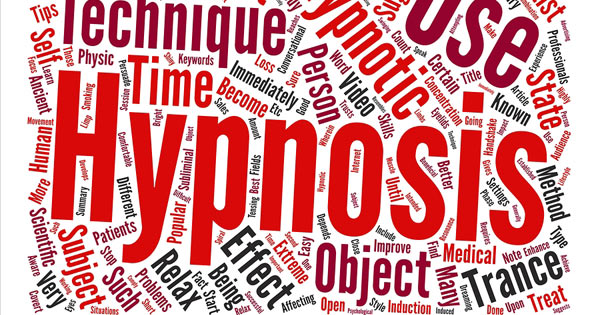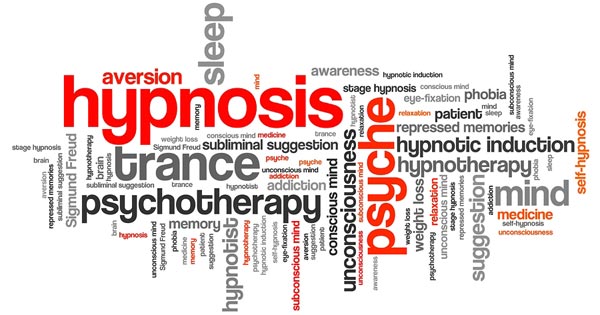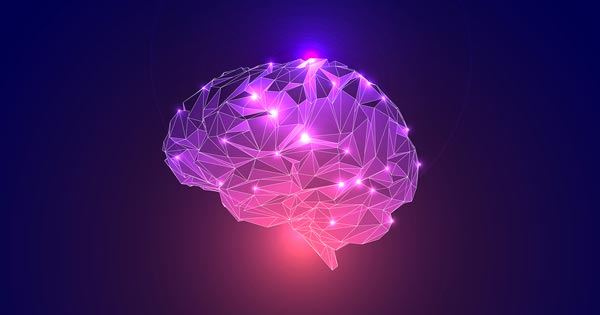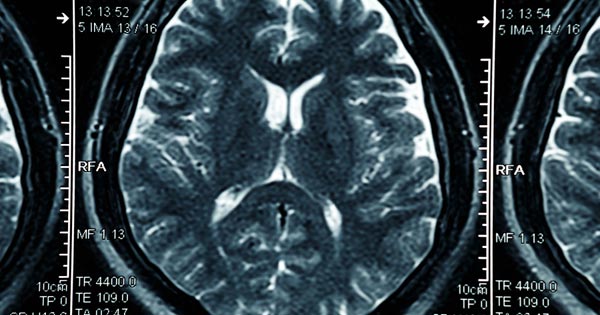Hypnosis
 Hypnosis can be used to help with many challenging and stubborn issues in life today. It’s history with aiding people to quit smoking or weight loss is prominent, but it’s also being used by the medical community to help with quick recovery after surgical procedures, and reduce the reliance on medications for pain.
Hypnosis can be used to help with many challenging and stubborn issues in life today. It’s history with aiding people to quit smoking or weight loss is prominent, but it’s also being used by the medical community to help with quick recovery after surgical procedures, and reduce the reliance on medications for pain.
Hypnosis is a natural phenomenon but it’s also mistakenly promoted as a cure-all or “magic wand” solution. In the hands of a professional hypnotist it’s a tool to help relax the subject and provide access to the unconscious mind so change can take place using therapy when under hypnosis.
The selection of articles covers general information about hypnosis and what it is and now it works, along with some of its uses in sports performance, medical case studies, self-hypnosis and specific medical conditions.
Enjoy the articles.
 Hypnosis can be used to help with many challenging and stubborn issues in life today. It’s history with aiding people to quit smoking or weight loss is prominent, but it’s also being used by the medical community to help with quick recovery after surgical procedures, and reduce the reliance on medications for pain.
Hypnosis can be used to help with many challenging and stubborn issues in life today. It’s history with aiding people to quit smoking or weight loss is prominent, but it’s also being used by the medical community to help with quick recovery after surgical procedures, and reduce the reliance on medications for pain.Pregnancy for a woman should be one of life’s joyous experiences. But too often it can be filled with anxiousness for the soon to be mother. In this article I explore the use of hypnosis in all phases of pregnancy…
Read MoreWhile Irritable Bowel Syndrome (IBS) has been around a long time, what’s different now is medicine is identifying it more readily, as well as more sufferers are seeking medical attention for treatment. Furthermore, the fact our diets of today have become more laden with additives and chemicals has also contributed to IBS being a more common condition. IBS causes its sufferers tremendous discomfort, pain, and worry. Not knowing when it may strike causes psychological impact leading to stress in itself. For those with severe symptoms it can be a debilitating condition and impact quality of life. This article discusses current thinking around what is IBS, its causes and symptoms, and treatments available. Read more…
Read MoreHave you ever experienced ringing, pulsating sounds or buzzing in your ears? Have you had this problem for some time and it makes you feel uncomfortable, and at times disrupts your life? This “ringing in your ears” is commonly referred to as Tinnitus. Tinnitus is believed to affect at least 10-15% of the general population, with 5% of those experiencing it are severely impacted in performing day to day activities. Often times, it’s referred to as a phantom auditory sound as the noises someone with tinnitus experiences are present in the absence of external noise. Individuals suffering from tinnitus may also experience tension in their neck, jaw, and head, which can lead to headaches. Furthermore, when it’s acute tinnitus can lead to psychological issues such as an individual experiencing anxiety and depression. Discover more about tinnitus and treatments here…
Read MoreIn this special Hypnosis Brief I’m going to discuss how to go about learning hypnosis, and becoming a professional hypnotist if you want to make it a career. I’ll also cover some licensing questions to keep you out of trouble. Have you ever wanted to learn hypnosis, or have you wondered where someone goes to learn to do hypnosis? Where do you go to develop the education, skills and talent to pull this off? In the past, it was difficult to find a ‘school’, institution or individual who taught others about hypnosis. In the past most found out where to learn about hypnosis through periodicals like Psychology Today, word of mouth, and some educational institutions. Now that the Internet and all of the variety of ‘search engines’ have come along, it’s much easier to find places to learn about hypnosis, as well as how to perform it. But with this comes some challenges you need to be aware. Read more here…
Read MoreIn this special hypnosis brief I want to tackle the major differences between Group and Individual Hypnosis Sessions and what you can expect as a client so you can choose what might work best for you. You may find hypnotists who only offer group sessions, and this can be because they’ve decided they want to reach as many people as possible, or they offer online group hypnosis sessions which is an excellent compromise between being part of a group but being in your own private “space.” The choice then of offering group or individual only, or offering both types of sessions, is down to the individual hypnotist, and the way they prefer to deliver their services to be most effective for them and their clients. Read more about the pros and cons of each here…
Read MoreIf you’re considering hypnosis to help heal, overcome a challenge, or achieve an outcome, then you may be thinking “is hypnosis is real or fake” and if there’s any ‘legitimate science’ in support of it? After all, why spend time investing in a therapy if it’s a waste of your effort and no chance of helping you achieve your outcome? There’s a lot of myths and confusion surrounding hypnosis and our understanding of it. History hasn’t always been kind to hypnosis, and for the longest time the medical community viewed hypnotism with skepticism. Also, at times practitioners of hypnosis made outrageous claims, and marketed it more as a commodity service with a guarantee, and emphasizing price, than a legitimate therapy that may or may not be able to help an individual. So, in this article I’ll provide my answers, based on professional experience and my own study of scientific research Read more here…
Read MoreIf you’ve ever wondered about using hypnosis to stop smoking or help on weight loss or something else you may be struggling to overcome then its no surprise you’ll want to know about who “invented hypnosis” and what’s its background and history. Where did hypnosis come from in the first place and who discovered it? Is hypnosis normal, as in a naturally occurring phenomenon? How has it been used in the past and who used it for what? These questions on the roots and development of hypnosis bring up some interesting questions, and where it began and how it’s viewed today by consumers and medical professionals alike. Let’s spend time together exploring and answering these questions to give you a better understanding of hypnosis and hypnotherapy. Read more here…
Read MoreTwo common questions I’m asked at meetings I attend when people learn I’m a hypnotist is, what is hypnosis and how does hypnosis work? The fact is, we’ve still so much to learn about our brain and how it works, and though we have some scientific research as it relates to hypnosis, and our brain on it, we have just begun to scratch the surface.
In this article I’ll explore in some depth these two questions to provide what answers we know today, and how hypnosis can help you now even if we don’t entirely understand all the nuances around the impact it has on our brain.
In this article you’ll discover: 1) Why science and medical researchers are showing an expanded interest in hypnosis today. 2) What science and medical studies are finding out about “what hypnosis does to the brain” from a visual perspective. 3) Translation and mapping of the characteristics of these studies, to understanding how hypnosis produces the results, and outcomes, hypnotherapists see in patients and clients. 4) Further reading and hypnosis resources around the cited hypnosis studies, and understanding further what hypnosis can be used for, and the benefits it provides. When trying to answer what hypnosis does to the brain there are two types of answers. One is scientific and delves into understanding what exactly in the brain can be seen to change during hypnosis, and the other focuses more on the results and outcomes for the person experiencing hypnosis, or put another way – “This is what happens to your brain on hypnosis.” Both sides of the coin interest researchers and practitioners of psychology and psychotherapy. We have many more questions about our complex brain than answers, and this is likely to be the case for the foreseeable future. We’ve only just started on our journey of understanding our brain and how it all works. But why the interest on hypnosis by science and researchers? Let’s see by reading more here…
Read MorePain as we know is one of our body’s primary defense systems. It tells us something is wrong. Without pain we could get severely injured – externally or internally – and not even know, but with dire consequences. Pain comes to use in many forms – chronic pain that never seems to go away, temporary after an operation or injury, or intermittent such as migraines or phantom limbs. Pain comes to us in different forms; chronic pain that never seems to go away, temporary after an operation or injury, or intermittent such as migraines or phantom limbs. The level can vary from nagging discomfort, to searing and incapacitating pain. Anticipated pain can be dealt with by narcotics but there can be significant side effects. Surgeons tend to automatically prescribe pain medications after an operation. Limited use of these high-powered drugs should be the plan when they’re prescribed. There are people who live with pain every waking minute. An option to ongoing pain medication is hypnosis. It’s been successfully used to moderate pain and reduce dependence on drugs for a number of pain related injuries and causes. Read more here…
Read MoreCATEGORIES
FEATURED POSTS

DISCOVER HOW TO START CHANGING HABITS TODAY.
In this free audio hypnosis session, you’ll experience the power of your subconscious mind to begin to change your habits. If you've never experienced hypnosis before then this is a great introduction...











